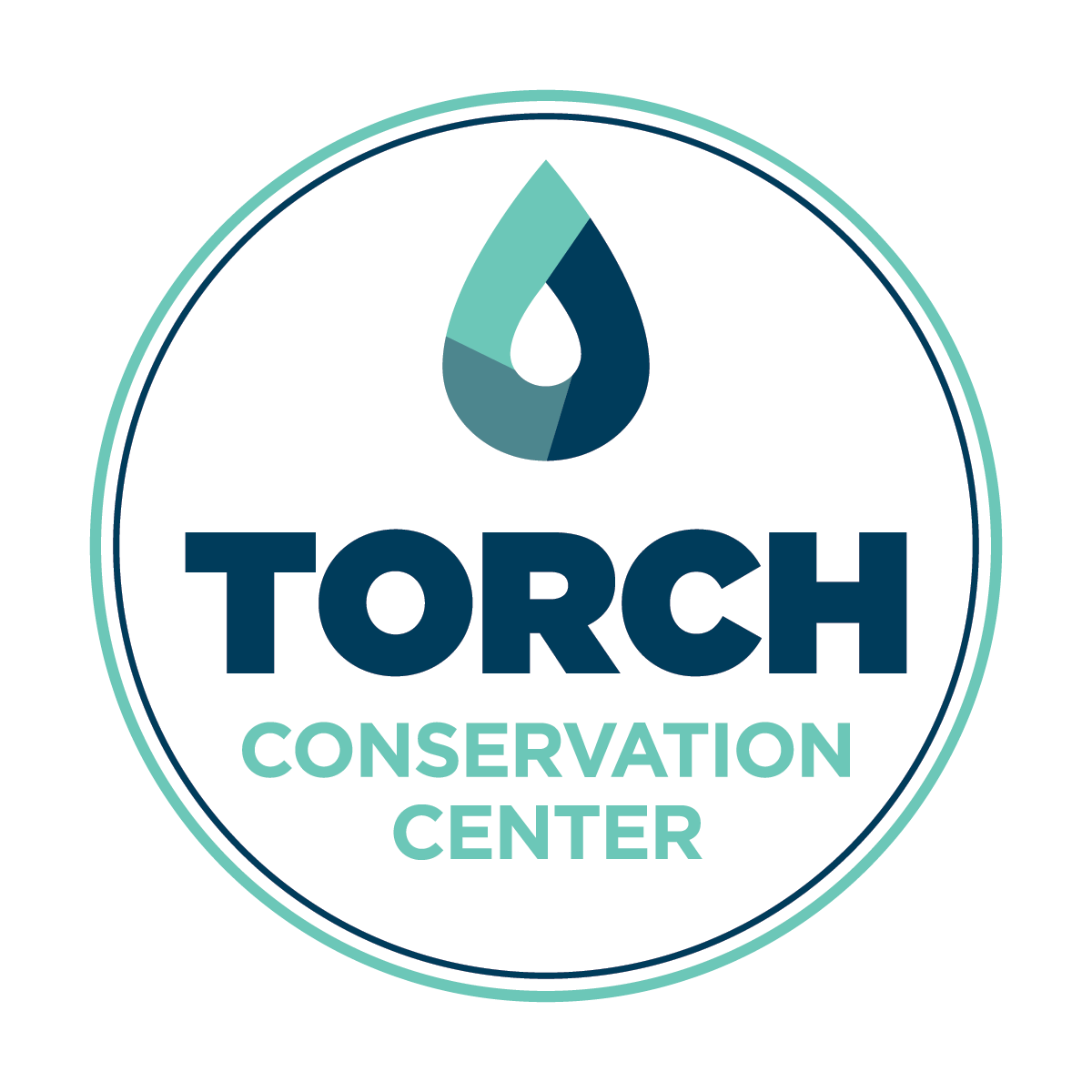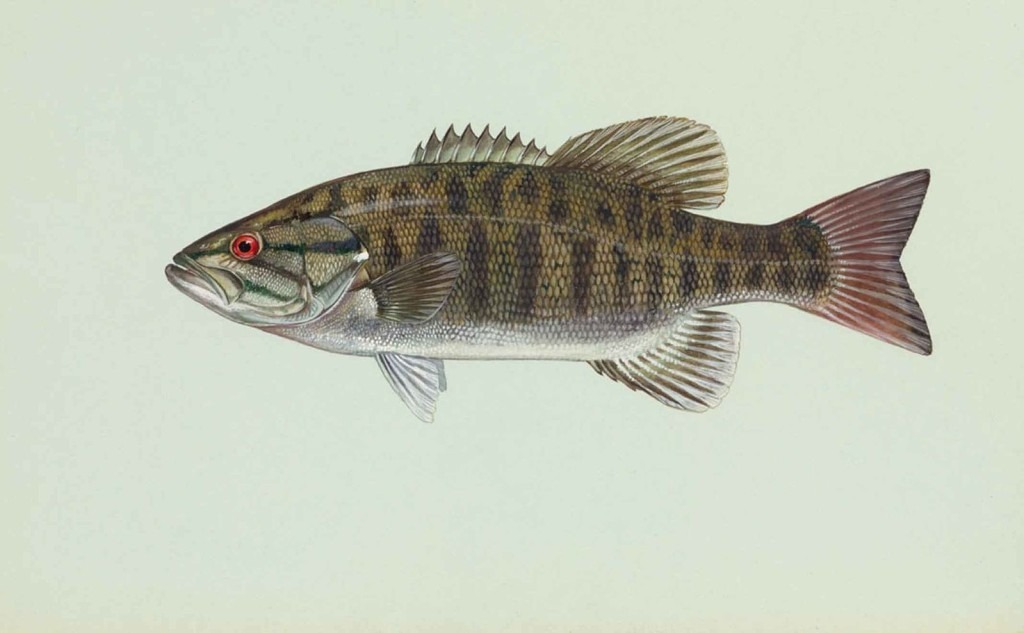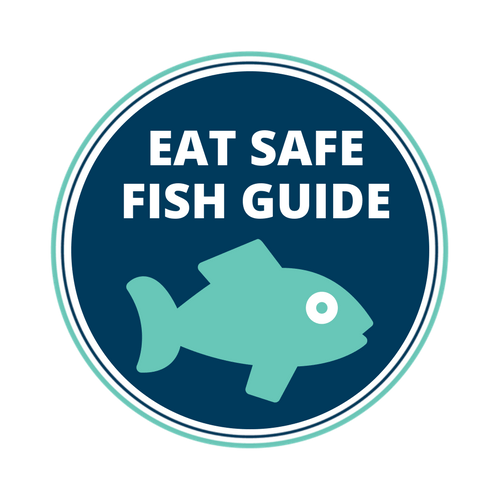Torch Lake From the Water
Smallmouth Bass’s View
Torch Lake is a challenging place to live for a small fish.
There’s not a lot of food to eat. Trees have been removed from along the shore, so spawning areas for smaller fish and minnows have disappeared. That means we don’t have as many little fish to eat.
A lot of other species of fish compete for the limited food supply. Yellow perch*, largemouth bass*, rock bass, lake herring (cisco), rainbow trout, brown trout* and white suckers look for food in the lighter aqua water along the shores of Torch Lake and the turquoise water (10-50′) near the drop-off.
The lake is big and hiding places are few and far between.
Torch Lake is a very big lake. Holding more than 858 billion gallons of water, it contains more water than any other inland lake in Michigan. Torch Lake is 19 miles long and up to 2 miles wide. With its water surface area covering 18,800 acres, it is Michigan’s second largest lake in surface area.
So…there’s lots of room for fish to swim, but not a lot of places to hide. Old logs, big boulders, sunken boats and a few weedy patches provide protection from predators. Newly installed fish shelters are helping to create more hiding spots.
There are a lot of really big predators.
Torch Lake’s the deepest inland lake in Michigan. Some spots are more than 300 feet deep! Great big fish (lake trout, northern pike, lake whitefish and Atlantic salmon) live in the indigo waters toward the middle of the lake, where it’s very cold (45-55 degrees F) and very deep (100-300 feet)!
Cold water fish live a long time… most live more than 18 years and some longer than 50 years – if they don’t get caught. And they grow big – really big! See how big they get below:
- Lake trout*
Ave. length 24–36” long
Ave. weight 15–40 pounds - Northern pike*
Ave. length 24–30” long
Ave. weight 3–10 pounds - Lake whitefish*
Ave. length 17–22” long
Ave. weight 1–4 pounds - Atlantic salmon
Ave. length 8–22 ” long
Ave. weight 8–12 pounds
We stay far away from the huge muskies, who travel through Torch Lake between Lake Skegemog and Elk Lake to the south and and Clam Lake and Lake Bellaire to the north.
Pollution from the air and from stormwater running off the land and into the lake is poisoning fish in Torch Lake.
*The Michigan Department of Community Health posts Fish Advisories informing people about how many fish they can eat safely and how often they can eat each fish species.
Visit the Torch Conservation Center Artisan Market

Summer Hours
Tues-Sat 11:00 - 5:00
Sunday 12:00 - 3:00
9046 Helena Road
Downtown Alden, MI
Don't just wish that Torch Lake will stay blue.
Choose a water-friendly lifestyle - make a difference!


